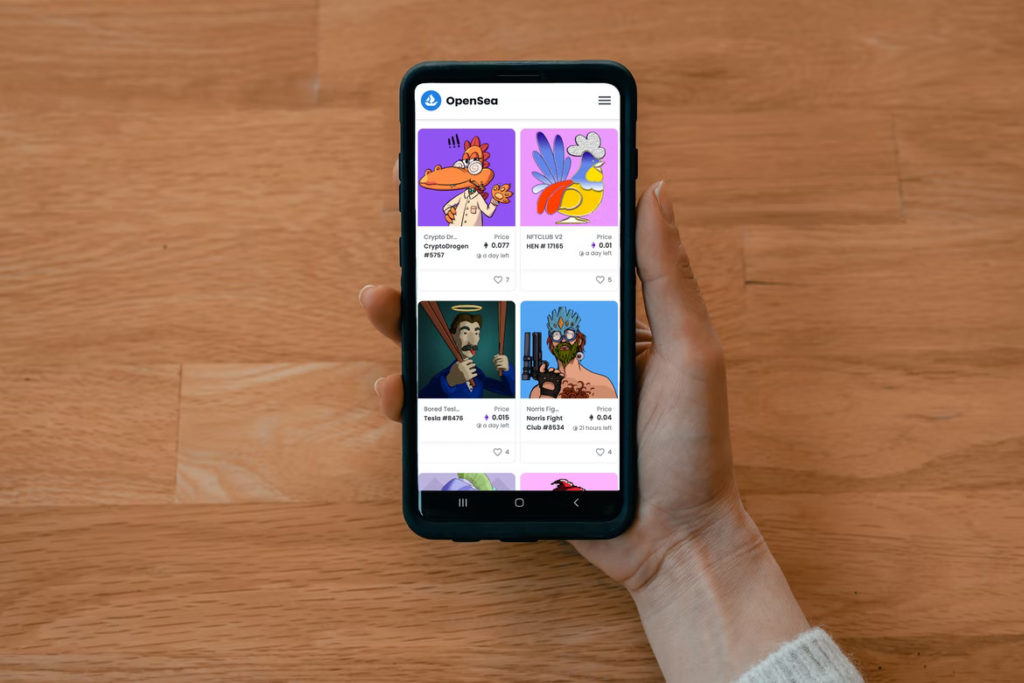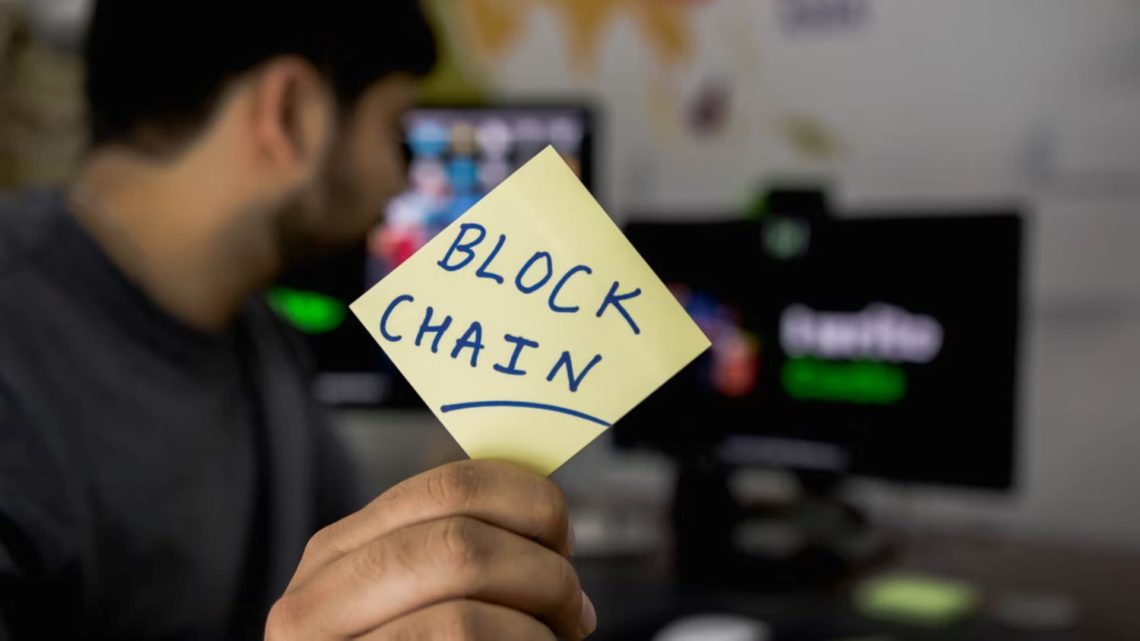Gaming is a form of entertainment that never stops evolving. From the early days of the format in the 1970s to today, gaming has been completely transformed. This is most evident in the online casino space where sites have been innovating with various technologies, including blockchain and cryptocurrencies. Competition is fierce among casinos, so many run promotions and bonuses as part of their marketing to encourage new players to sign up to their site.
Many have also augmented their games with tools like virtual reality, video streaming, and licensed branding from movies and TV shows as they look to find more ways to stand out from the crowd.
In video gaming too, technology and creativity have led to changes and improvements. Modern AAA titles have graphics that are infinitely better than in decades gone by. They also offer open worlds, online multiplayer functionality, and realistic physics.
With technology having such an influence on gaming, it perhaps shouldn’t come as too much of a surprise that developers have been experimenting with ways to incorporate blockchain technologies into their content.
In recent years, there have been several different ideas that have gained traction among the gaming and blockchain communities. But which of them has the best chance of leaving their mark on this popular form of entertainment?
Cryptocurrencies
Cryptocurrencies are the most obvious example of a blockchain technology being used in gaming. Just like they can be used in place of any other form of payment, digital tokens could be used to purchase games and in-game content.
There’s nothing overly radical or surprising about this though and it wouldn’t materially change the way games are played.
NFTs
Non-fungible tokens were one of the biggest blockchain stories of last year. Although they had been around for quite some time, they really exploded in popularity through 2021 as crypto enthusiasts piled in.

While much of the mainstream focus on NFTs was on the different digital drawings and other types of artwork that were sold as these non-fungible tokens, there have been plenty of projects aimed at using the technology for more practical purposes.
Gaming has been mooted as one of the most plausible prospects for NFTs and there have been some high-profile attempts at making this a reality.
Perhaps the most famous of these is Ubisoft’s Quartz system which allows players to purchase in-game items and then resell them later, potentially for a profit. It received a mixed response from gamers but the company remains steadfastly behind the concept.
However, there have also been plenty of attempts to create pay-to-earn titles where a lot of emphasis is placed on the fact that success in the game earns players items that can be traded for cryptocurrency.
Smart Contracts
Smart contracts are another blockchain concept that have a variety of potential uses, perhaps more so than just about any other cryptographic technology.
They could, in theory, replace any traditional mechanism used for creating and enforcing agreements between two parties but they are likely to have the most benefit in larger, higher-value, and more complex exchanges such as international trade, real estate transactions, and investing.
Smart contracts work by creating a publicly-visible record of the agreement between two parties. Once the pre-defined criteria has then been met, an action can be automatically triggered on the blockchain, such as transferring funds when a shipment has been tracked to a particular location.
In gaming, smart contracts could be used to provide an additional layer of trust for casino games because a public agreement could be created on the blockchain for each wager and potential players could view these records to see if others have received their payouts.
In regulated markets, where bodies like the Gambling Commission in Great Britain and the Malta Gaming Authority have tight control over iGaming companies, these smart contracts aren’t overly necessary.
However, they could still provide an extra layer of security to help players feel safer.
Disclaimer: Any information written in this post does not constitute investment advice. We do not, and will not endorse any information on any company or individual on this page. Readers are encouraged to make their own research and make any actions based on their own findings and not from any content written in this post. Our organization is and will not be responsible for any damage or loss caused directly or indirectly by the use of any content, product, or service mentioned in this post.
Mr. Pratik chadhokar is an Indian Forex, Cryptocurrencies and Financial Market Advisor and analyst with a background in IT and Financial market Strategist. He specialises in market strategies and technical analysis and has spent over a year as a financial markets contributor and observer. He possesses strong technical analytical skills and is well known for his entertaining and informative analysis of the Financial markets.


 Home
Home News
News










